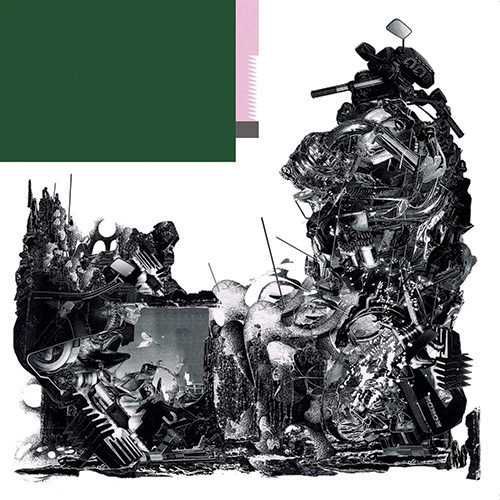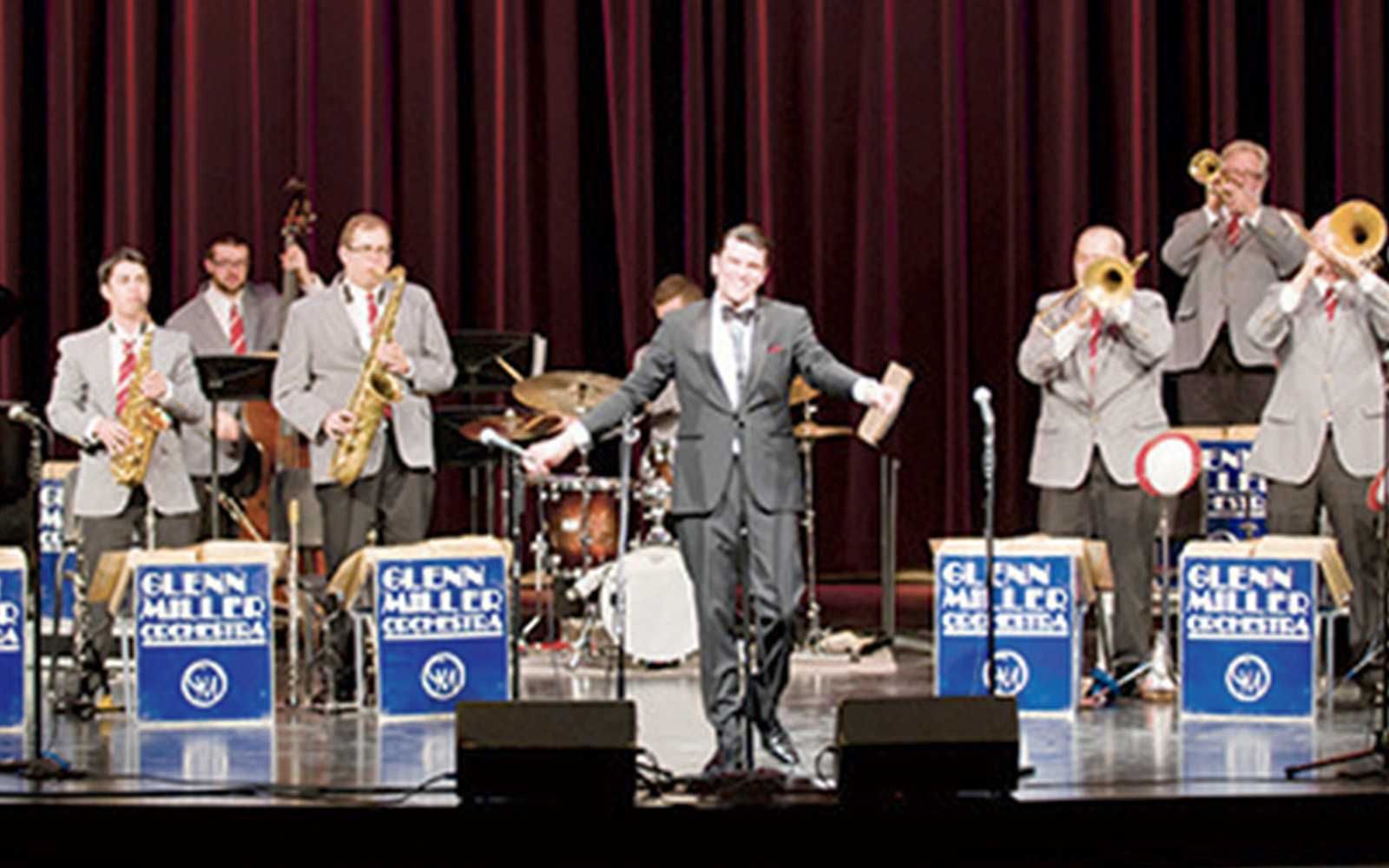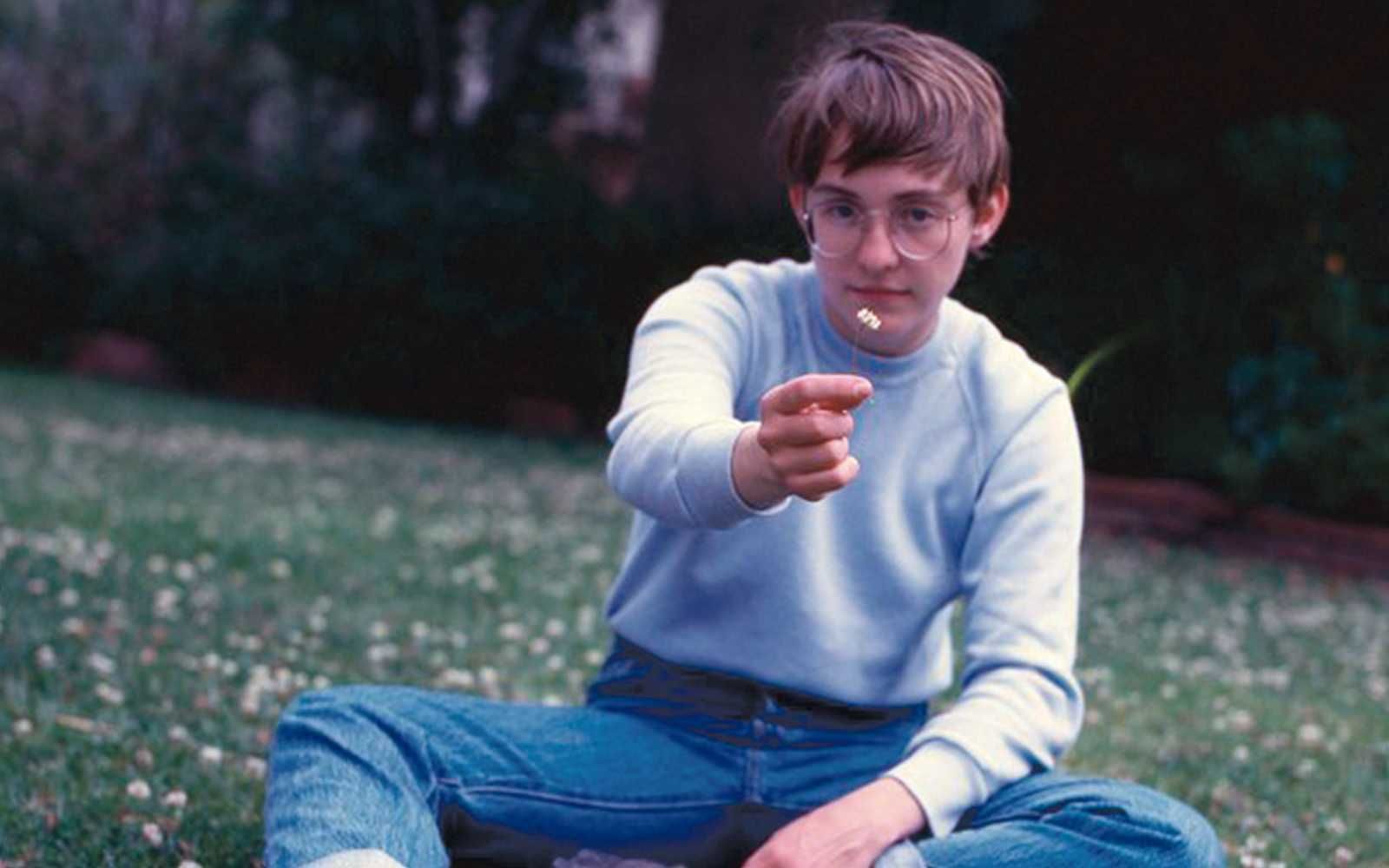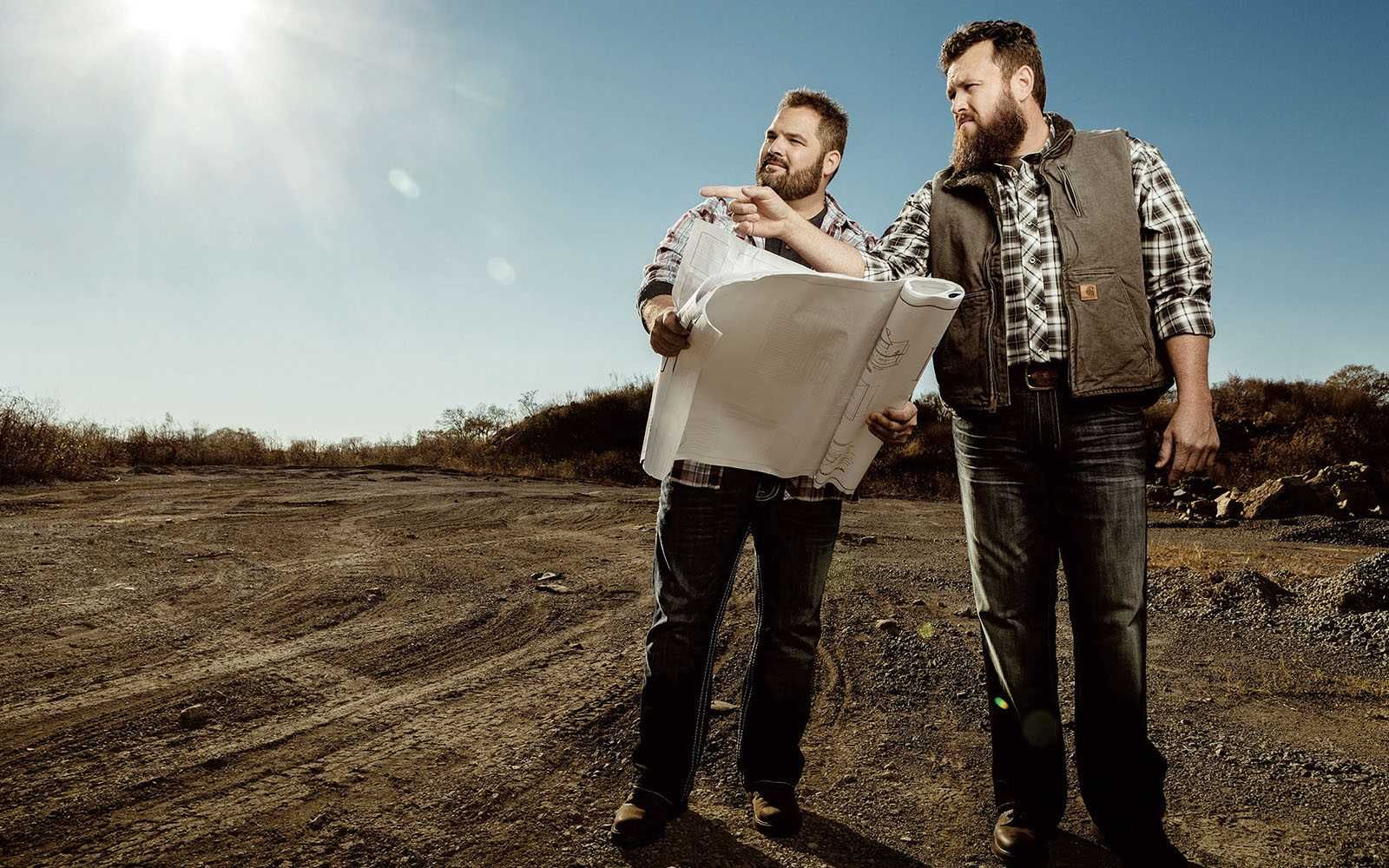One night, a man named Michael Franklin called up Jon Anderson, the British vocalist and co-founder of the progressive rock group Yes, and asked him a question.
“Where are the tapes?” he said.
Anderson was confused but was able to keep his wits about him.
He responded with one of the only questions he could have asked in that moment: “What tapes?”
Thereby hung a tale, one that Anderson may retell when he visits The Clyde on August 10.
Solo Album blast from the past
Franklin, a venerable music producer, was referring to tapes that Anderson hadn’t given much thought to in almost 30 years.
In 1990, Anderson abandoned a solo project he was calling “Uzlot” (English slang for “us lot,” as in “all of us”).
He hadn’t abandoned it because it wasn’t working out. He’d abandoned it because he was about to go on tour with Yes and he ran out of time.
For decades, the tapes sat in the same place that the tapes of non-famous musicians usually sit: In the garage.
Franklin, being a musician himself, might even have advised Anderson to look for “Uzlot” in his garage.
The producer had more unusual things to say to Anderson: He wanted permission to take the tapes and oversee completion of the album.
Anderson acquiesced.
“I trust his work,” Anderson said, in a phone interview. “He’s done some great albums. He wanted to do it, so I said, ‘Here are the tapes. Get on with it.’
“He took them to Orlando to his studio and played them once, straight into the computer,” he said. “They sounded perfect. I can’t believe how good they sounded.”
Franklin recruited the crème de la crème of sidemen to help finished the project: Jethro Tull’s Ian Anderson, Zap Mama, Journey keyboardist Jonathan Cain, the Tower of Power horns, Vanilla Fudge drummer Carmine Appice, jazz violinist Jean-Luc Ponty, and jazz pianist Chick Corea.
Anderson was as flabbergasted by that list as any music fan would be. He said Franklin assembled this without any help from him.
Perhaps the most surprising guest artist is one Anderson enlisted: Yes guitarist Steve Howe.
“I got Steve to play at the end of the last song so I could sing with Steve,” Anderson said. “So it’s a beautiful memory, this album.”
Anderson and Howe haven’t always had a cordial relationship, so this collaboration has given Yes fans hope that a bona fide band reunion can’t be far to seek.
“I keep thinking I need to get in touch with Steve and say, ‘Let’s write a couple of songs together,’” Anderson said. “So I’ve got to make that phone call.”
The everything-old-is-new-again solo album, now called 1000 Hands, was released in March.
No money in new music
Releasing an album in 2019 is a different prospect for an established artist like Anderson than what it would have been in 1990.
There’s no money in it is the main thing.
Some famous musicians eschew producing new recordings because of a likely lack of profitability, but not Anderson.
“You don’t make music for money,” he said. “If you’re a true musician, you make music for the adventure. It’s a gift in your life. I am so grateful for everything I do.”
Anderson’s tenor singing voice is certainly one of the most instantly recognizable vocal instruments in rock music. Time is generally not kind to such voices, but Anderson believes he is singing better than ever.
“I just love singing,” he said. “Over the past ten years, my body has gone through changes. Most people get sick in their sixties, which happened to me. I’ll be 75 next week. All I know is, I love what I do.”
Anderson doesn’t just love what he does. He needs to do what he does to survive.
“I get up in the morning and go into my studio,” he said. “I start singing and coming up with lyrics and ideas. I am working on so many projects. And that keeps me alive. It keeps me wanting to move on to the next 20, 30 years of life.”
Anderson said he is fully recovered from a spate of respiratory and sinus issues that frustrated his aspirations for years.
“I nearly died,” Anderson said of a 2008 asthma attack that brought about respiratory failure. “Isn’t life wonderful?”
It would be easy for a jaded reader to perceive sarcasm in those last three words. But they were spoken with giddy joy.





